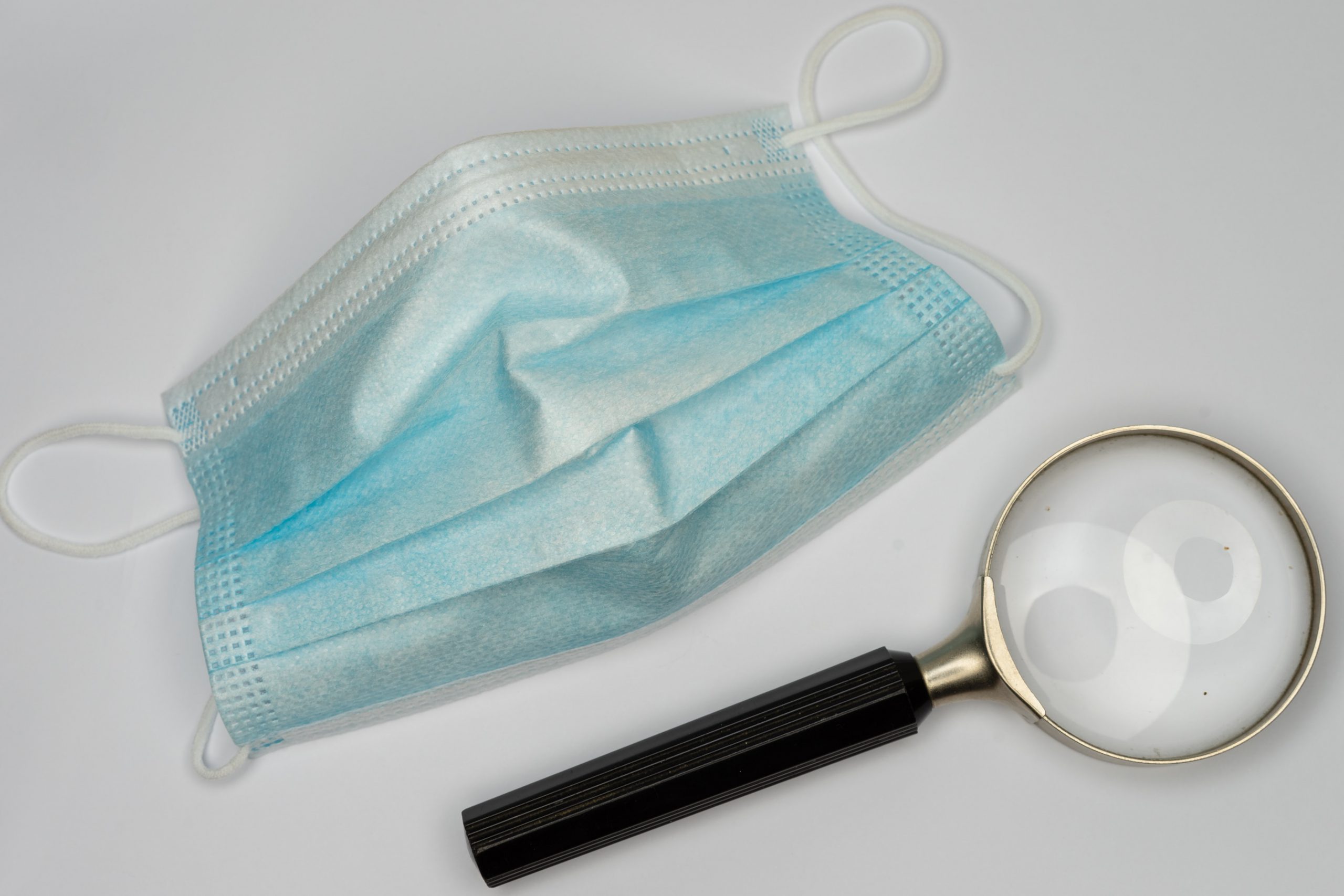Doctors, nurses, and other healthcare providers know the importance of accurate data when it comes to addressing people’s health concerns. Doctors rely on accurate information regarding a person’s vital signs, health history, symptoms, and other pertinent information to make a precise diagnosis and prescribe appropriate treatment. The more information that a doctor has regarding a patient, the more accurate their assessments will be.
Ideally, the patient should maintain a close working relationship with their physicians to establish a proper patient medical history. This long-term relationship will enable doctors to better understand a patient’s condition, especially for people suffering from chronic diseases.
The trouble with the current state of patient health data
Unfortunately, due to a lot of factors, this is not always possible. Ideally, a patient should be able to get a hold of their information and pass it down to their next physician. However, as is more often the case, doctors start with a clean slate, relying instead on initial assessments from their first meeting to get to know the patient as much as they can.
Physicians deal with this gap by conducting their battery tests to confirm what patients already know—sometimes leading to unnecessary costs. While ordering new tests is always a doctor’s prerogative, many physicians have to do this because of the lack of official data from a previous attending physician.
The rise of patient-generated health data
According to the National Learning Consortium, patient-generated health data (PGHD) are health-related data recorded by patients using home health equipment. PGHD includes but is not limited to:
- Health history
- Treatment history
- Symptoms
- Biometric data
- Patient-reported outcome measures
Patients in long-term care commonly generate PGHD. Such patients are self-medicating or are recovering at home, making it crucial for them to monitor critical biometric data such as heart rate, blood glucose levels, and other relevant information.
Traditionally, patients enlist caregivers or nurses who know how to use certain medical tools, such as portable glucometers, blood pressure monitors, and others. However, with the rise of fitness trackers and wearable technology, there’s even more PGHD available that’s waiting to be tapped into!
Whereas PGHD used to be something that only patients in long-term care would take the time to gather, everybody who wants to improve their fitness will generate some form of PGHD through fitness trackers and smartphone apps.
According to Gartner, consumer spending on wearable devices outfitted with sensors such as pedometers and heart rate monitors will reach $52 billion by the end of 2020. This means that regardless of purpose or frequency, more people will be generating vital PGHD that can potentially help physicians when the need arises.
Will PGHD replace clinical tests?
PGHD cannot and should not replace data gathered in a doctor’s office. Some tests will always need to be conducted in laboratory settings to preclude any external factor influencing the tests.
That being said, doctors can use PGHD to supplement existing clinical data or fill information gaps in a patient’s health history. PGHD is especially useful because physicians may not always have enough time to devote to a patient during a consultation. Studies show that the average doctor’s visit is only 17.4 minutes, making it extremely likely that a physician may miss crucial information about a patient’s health condition.
Conclusion
With the wealth of information being recorded and generated every day, doctors should be aware of the benefits of PGHD. Having access to a patient’s health data recorded through fitness trackers, such as the heart rate, blood pressure, or even sleep patterns, added to the regularity of medication adherence can shorten the time it takes to come to an accurate diagnosis.
While PGHD will not replace data generated from hospital tests, its presence can give a doctor more insight into a patient’s health condition and make prudent steps towards prescribing an appropriate treatment.
Are you looking for more healthcare news articles? At Dose of Healthcare, we regularly publish the latest news in the healthcare industry to promote better healthcare for everybody. Connect with us today to stay up to date with the latest in the healthcare industry!


















